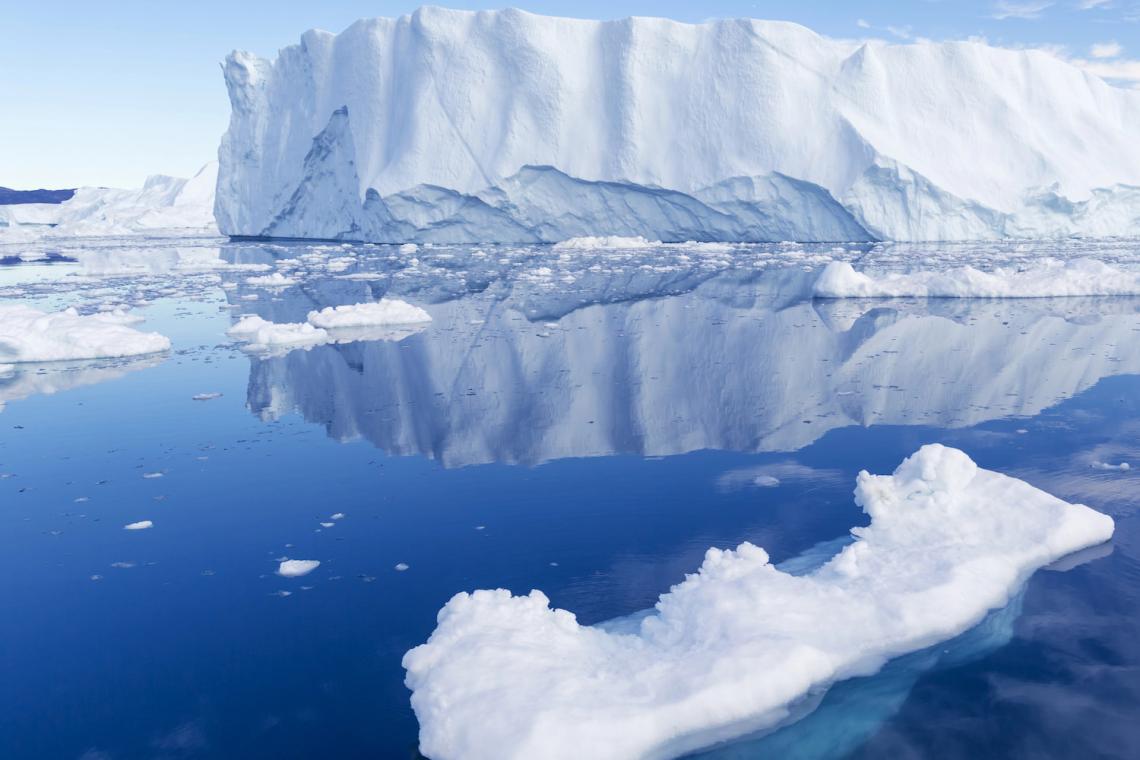UK Kicks Off £57m Geoengineering Experiments to Cool the Planet

In April, the UK’s Advanced Research and Invention Agency (Aria) unveiled a £57 million research programme to address what it calls a “critical missing part” in our understanding of planet cooling. Mark Symes, professor of electrochemistry at the University of Glasgow and programme director for “Exploring Climate Cooling,” explains that the initiative aims to fill a gap in climate science data.
“At Aria, we spoke to hundreds of climate researchers,” says Symes. “We concluded that real-world physical data from controlled, small-scale outdoor experiments is the missing piece in our knowledge of Earth-cooling approaches.” These trials could demonstrate whether any of these techniques work in practice, and reveal their potential impacts.
Geoengineering covers methods designed to lower global temperatures by altering atmospheric or oceanic conditions—from reflecting more sunlight back into space to tweaking the ocean’s chemistry so it absorbs extra carbon dioxide. While large-scale deployment remains contentious, small field trials offer vital evidence of feasibility and safety before any wider use.
However, Aria’s programme has rekindled a familiar debate. Critics such as Michael Mann of the University of Pennsylvania and Raymond T. Pierrehumbert of Oxford University argue in a recent Guardian commentary that the funding is “a waste of money” amid tight public budgets. They also question accountability, claiming Aria’s programme directors “are accountable to basically nobody.”
Symes rejects these concerns, pointing to robust governance measures. He says the agency will strictly limit the size and scope of any experiment and prohibit “the release of any toxic substances into the environment.” Each trial will need an environmental-impact assessment, and an independent oversight committee will scrutinise every proposal.
“The decision on whether an outdoor experiment takes place is made by Aria’s chief executive, Ilan Gur, who is ultimately responsible to Parliament,” Symes stresses, ensuring a clear line of accountability.
In addition to small-scale testing, Aria is funding a sister programme focused on forecasting climate tipping points—thresholds beyond which damage to glaciers or ocean currents becomes irreversible. “An investment of this scale is justified when you consider what the impacts of a tipping point could be for the UK and the wider world,” Symes says.
With Aria set to award its first grants in the coming weeks, researchers and policymakers will be watching closely. Success could mean identifying geoengineering approaches worthy of further study—or ruling out those whose risks outweigh any benefits. In either case, gathering real-world data will bring much-needed clarity to a field long dominated by theory and help society decide whether—and how—to use geoengineering as a last-resort tool against runaway climate change.
This article was curated, reviewed, and verified by the Conservation Mag team. Original source: https://www.researchprofessionalnews.com/rr-news-uk-innovation-2025-4-geoengineering-trials-defended-as-missing-part-of-climate-science
Discuss this article
Clicking links may earn us commission. . Stock images by Depositphotos.
Subscribe: Stories about wildlife, habitats and heroes
Welcome to Conservation Mag where we celebrate nature preservation through ecotourism and wildlife travel while we look for ways to preserve our heritage by supporting nature conservation. Starting conversations about the positive action people like you and I are taking to make a change.
Quick Links
Work With Us
![]()

